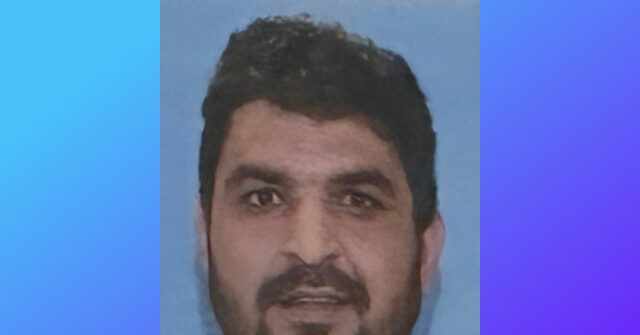West Virginia Gov. Patrick Morrisey (R) is demanding a “comprehensive investigation” into an Afghan national, brought to the United States by the Biden administration, who is accused of leaving two National Guardsmen in critical condition following a shooting in Washington, DC.
On Wednesday, 29-year-old Rahmanullah Lakanwal of Afghanistan allegedly opened fire on 20-year-old Sarah Beckstrom and 24-year-old Andrew Wolfe — both of the West Virginia National Guard, and who were sworn in just 24 hours before the shooting.
On Thursday, Morrisey said he wants a probe into Lakanwal and the shooting.
“I’m asking every West Virginian to pray for our two Guardsmen as their families, friends, and neighbors struggle with this unspeakable tragedy,” Morrisey said. “These two Guardsmen voluntarily stepped up and risked everything for our state and nation – they are our protectors and some of the most courageous West Virginians you could possibly imagine.”
“What we know so far is deeply disturbing,” Morrisey said:
An Afghan national brought into this country under a federal program attacked West Virginia service members defending our nation’s capital. These facts demand a comprehensive investigation so we can bring those responsible to justice. We will continue working closely with federal authorities to get clear answers. [Emphasis added]
Morrisey, as well as West Virginia Adjutant General Jim Seward, visited Beckstrom and Wolfe and confirmed they both remain in critical condition.
John Binder is a reporter for Breitbart News. Email him at jbinder@breitbart.com. Follow him on Twitter here.



